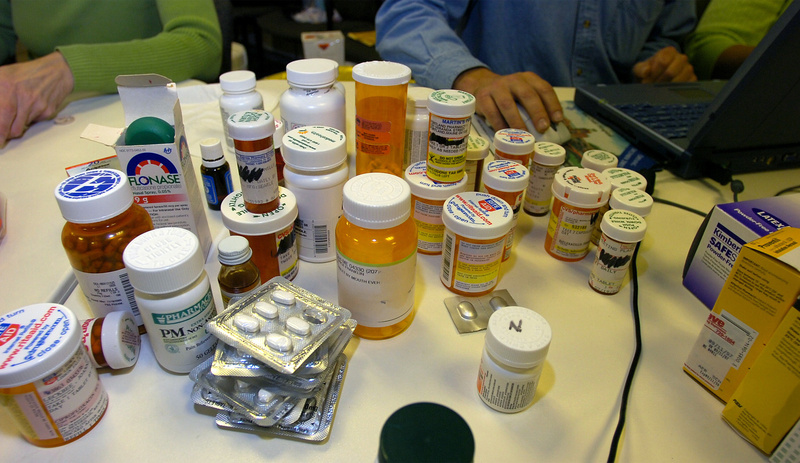There was a health care story that didn’t get as much attention as it deserved because it was buried by Gov. LePage’s ill-advised proposal to drastically take apart the MaineCare safety net.
But lawmakers should make the time to consider the recommendations of a task force that has been looking into the problem of painkiller abuse. Some of these ideas will cost the state money, but Maine can’t afford not to take a more aggressive approach to solving this problem.
Maine’s prescription drug abuse problem is at a historic high and is considered to be one of the worst in the nation. Prescription drugs caused nearly 1,400 fatal overdoses in Maine in the past decade and hundreds of opiate-dependant children are born in Maine each year.
Addicts hungry for a fix are a major cause of crime – from shoplifting to armed robbery – putting a drain on law enforcement.
It’s a complex problem with no one cause, and it will take a collaboration between state policy makers, law enforcement, the medical community and addiction treatment experts to make meaningful progress. That will require a commitment from the state, even during these difficult times, to support the programs.
A successful strategy would have three fronts: Education to stop new users from becoming addicted, law enforcement to slow the supply of drugs into our communities and treatment to get addicts clean. All three have to be successful for Maine to succeed, and the state can’t focus on just supply or demand and expect to make progress.
The task force recommended steps that all parties can take. A primary focus should be on education, especially for physicians who use narcotic drugs to treat pain. Doctors should be up to speed on the latest research regarding dependency and the security measures that they should use to prevent manipulation and diversion.
The panel also proposes a common sense change in the law that would require a person picking up a narcotic prescription to show an ID, and the passage of a “Good Samaritan” law that shields someone reporting a drug overdose from prosecution.
These are good ideas, but if the state does not support drug treatment, it cannot expect to make progress. The DHHS budget debate should not overshadow the work that needs to be done to end the dangerous path Maine is on in regards to prescription drug abuse.
Send questions/comments to the editors.



Success. Please wait for the page to reload. If the page does not reload within 5 seconds, please refresh the page.
Enter your email and password to access comments.
Hi, to comment on stories you must . This profile is in addition to your subscription and website login.
Already have a commenting profile? .
Invalid username/password.
Please check your email to confirm and complete your registration.
Only subscribers are eligible to post comments. Please subscribe or login first for digital access. Here’s why.
Use the form below to reset your password. When you've submitted your account email, we will send an email with a reset code.